Blogs & News
We are focus on automotive wiring harness & connectors technology.
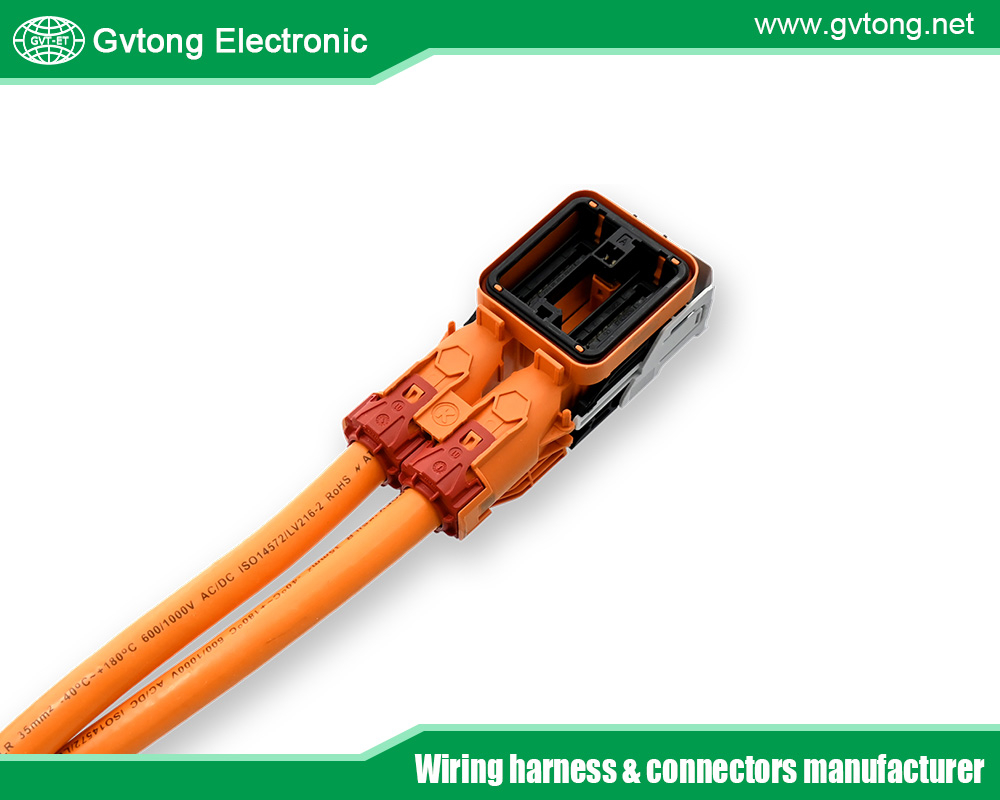
Best Oil-Resistant Connectors for Cables In The Automotive Industry
- Gvtong Electronic
- Automobile Connector In China, Best oil resistant connector, Best oil resistant connector for cables, Best oil resistant connector for car, China Customized M9 Circular Connector Manufacturers, china m12 industrial connector, china oil resistant connector manufacturer, china oil resistant connectors, Oil Resistant Auto PA Quick Connector, Oil resistant connector automotive, Oil resistant connector china, Oil resistant connector for car, Oil resistant connector types, Oil resistant wire insulation, Oil-resistant Connectors, Sensor Connectors Manufacturer in China
- No Comments
Best Oil-Resistant Connectors for Cables In The Automotive Industry
Introduction
In the automotive industry, the reliability of electrical systems is non-negotiable. Vehicles operate in demanding environments where cables and connectors are exposed to extreme temperatures, vibrations, and a variety of fluids. Among these, oil poses a significant threat, capable of infiltrating and degrading electrical connections if not properly managed. Oil-resistant connectors are engineered to combat this challenge, ensuring the longevity, safety, and performance of automotive electrical systems. These specialized connectors are indispensable in critical areas such as engine compartments, transmission systems, and undercarriages, where exposure to engine oils, transmission fluids, and lubricants is unavoidable. By preventing oil ingress, they safeguard against short circuits, corrosion, and system failures, making them a cornerstone of modern automotive design.
This article explores the best oil-resistant connectors for cables in the automotive industry. We will delve into their importance, the key features that define their performance, and a detailed review of top options available in the market. Through comparisons and recommendations tailored to various automotive applications, this piece aims to provide a comprehensive guide for engineers, manufacturers, and enthusiasts seeking reliable solutions for their electrical systems.
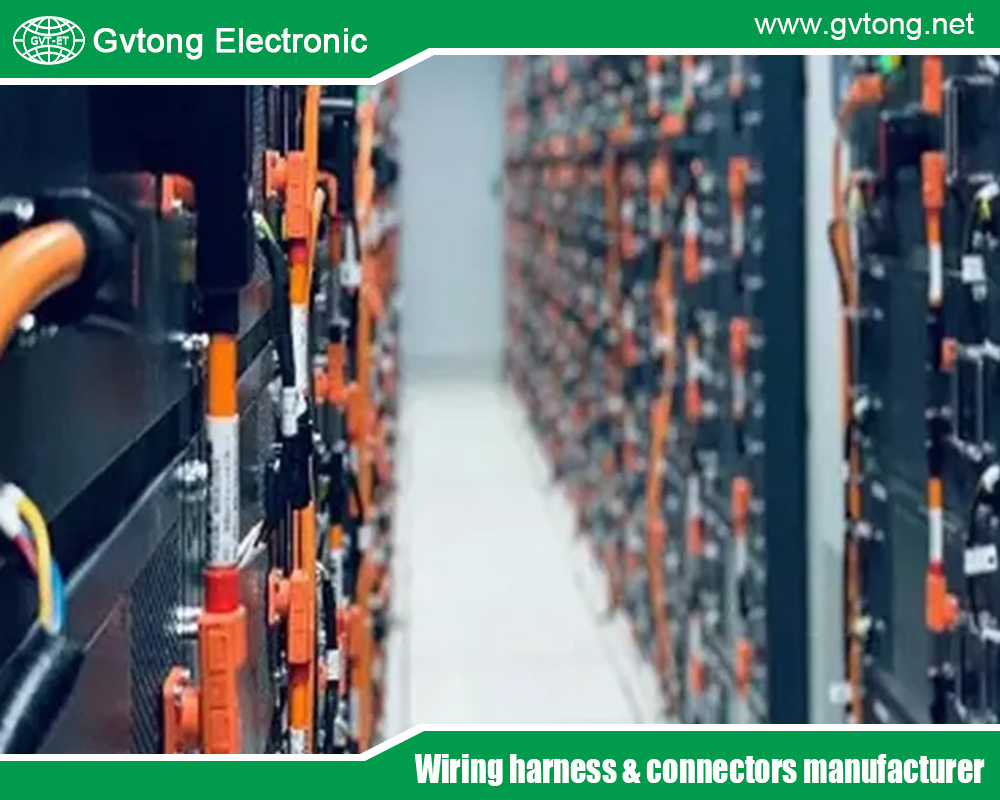
The Importance of Oil Resistance in Automotive Cables
Oil resistance in automotive cables and connectors is not merely a desirable trait—it’s a necessity. Vehicles are dynamic systems where electrical components are subjected to continuous exposure to oils and other fluids. Engine oils, transmission fluids, and hydraulic lubricants can penetrate non-resistant materials over time, leading to insulation breakdown, increased electrical resistance, or catastrophic failure of the system. Such degradation compromises not only the functionality of the vehicle but also its safety, as electrical faults can lead to malfunctions in critical systems like braking, steering, or engine control.
Beyond immediate damage, oil can exacerbate wear by acting as a carrier for contaminants such as dirt, debris, and metal particles. These can accumulate within connectors, further deteriorating their performance. Oil-resistant connectors mitigate these risks by maintaining the integrity of electrical connections under prolonged exposure. This durability translates to reduced maintenance costs, fewer downtimes, and enhanced vehicle reliability—key considerations for both manufacturers and end-users. As automotive designs become more complex, with increasing reliance on electronics for features like infotainment, driver assistance, and electric powertrains, the role of oil-resistant connectors becomes even more critical.
Key Features of Oil-Resistant Connectors
Selecting the right oil-resistant connector requires an understanding of the features that enable them to perform in harsh automotive environments. These features encompass material composition, design elements, and compliance with industry standards. Below, we explore each in detail:
Material Composition
The backbone of an oil-resistant connector lies in its materials. These must withstand not only oils but also fuels, solvents, and other chemicals commonly found in automotive settings. Common materials include:
Polyamide (PA): A robust plastic known for its resistance to oils, fuels, and abrasion. It’s widely used in connector housings due to its balance of strength and flexibility.
Thermoplastic Elastomers (TPE): These materials combine the elasticity of rubber with the processability of plastics, offering superior oil resistance and the ability to endure high temperatures.
Nitrile Butadiene Rubber (NBR): Frequently used in seals and gaskets, NBR excels at preventing oil ingress thanks to its excellent chemical resistance and durability.
The choice of material directly impacts the connector’s ability to maintain its structural and electrical integrity over time.
Design Features
Beyond materials, the physical design of a connector enhances its oil resistance. Key design elements include:
Sealed Housings: These prevent oil and other fluids from entering the connector, often achieved through tight tolerances and integrated sealing mechanisms.
Grommets and O-Rings: Made from oil-resistant compounds like NBR, these components provide additional barriers at cable entry points and mating interfaces.
Locking Mechanisms: Robust locks ensure the connector remains secure despite vibrations, thermal expansion, or mechanical stress, maintaining a tight seal against oil penetration.
A well-designed connector combines these features to create a formidable defense against environmental hazards.
Industry Standards and Certifications
Compliance with recognized standards is a hallmark of quality in automotive connectors. Standards such as ISO 6722 outline requirements for cables and connectors, including oil resistance, temperature tolerance, and mechanical durability. Certifications from bodies like UL (Underwriters Laboratories) or VDE (Verband der Elektrotechnik) further validate a connector’s performance. These benchmarks ensure that connectors can withstand the rigors of automotive use, providing peace of mind to manufacturers and engineers.
Top Oil-Resistant Connectors for Automotive Use
With the foundational knowledge in place, let’s examine some of the leading oil-resistant connectors available for automotive applications. Each offers unique strengths and trade-offs, catering to different needs within the industry.
Connector A: Polyamide-Based Sealed Connector
Description: This connector features a polyamide housing paired with NBR seals, delivering reliable oil resistance. Its compact design makes it ideal for space-constrained areas like passenger vehicle wiring harnesses.
Pros:
Excellent resistance to oils and fuels.
Meets ISO 6722 standards.
Lightweight and easy to install.
Cons:
Limited temperature range (up to 120°C), making it less suitable for high-heat zones like engine compartments.
Best Use Case: General-purpose applications in passenger vehicles where size and cost are priorities.
Connector B: High-Performance TPE Connector
Description: Constructed from a high-performance thermoplastic elastomer, this connector boasts exceptional oil resistance and a temperature tolerance of up to 150°C. Its advanced locking mechanism ensures stability under severe vibrations.
Pros:
Superior oil and chemical resistance.
High temperature endurance.
Robust design for demanding environments.
Cons:
Higher cost compared to alternatives.
Best Use Case: Engine compartments or transmission systems where heat and vibration are prevalent.
Connector C: Metal-Shell Hybrid Connector
Description: Combining a metal shell with a rubber seal, this connector offers durability and oil resistance tailored for heavy-duty applications. Its rugged construction suits commercial vehicles and off-road equipment.
Pros:
Exceptional durability due to metal reinforcement.
Reliable oil resistance with NBR sealing.
Suitable for extreme conditions.
Cons:
Larger size and weight may limit its use in compact designs.
Best Use Case: Heavy-duty vehicles or industrial automotive applications requiring maximum robustness.
Comparison of the Top Connectors
To aid in decision-making, let’s compare these connectors across key criteria:
Oil Resistance: Connector B leads with its high-performance TPE material, though all three perform admirably.
Temperature Range: Connector B’s 150°C rating makes it the standout for high-heat environments.
Size and Weight: Connector A excels in compactness, while Connector C sacrifices size for durability.
Cost: Connector A offers the best value, while Connector B’s advanced features come at a premium.
Durability: Connector C’s metal shell provides unmatched toughness, ideal for rugged applications.
Recommendations for Different Automotive Applications
The optimal connector depends on the specific demands of the application. Here are tailored recommendations:
Passenger Vehicles with Limited Space: Connector A’s compact design and sufficient oil resistance make it a cost-effective choice for wiring harnesses in sedans or compact cars.
High-Temperature Environments: Connector B is unmatched for engine compartments, turbocharger systems, or exhaust-related electronics due to its 150°C tolerance and robust sealing.
Commercial Vehicles or Heavy-Duty Applications: Connector C’s durability and oil resistance shine in trucks, buses, or off-road vehicles where mechanical stress is a constant factor.
These recommendations align with real-world needs, ensuring that each connector serves its intended purpose effectively.
The Future of Oil-Resistant Connectors
Looking ahead, the automotive industry is evolving rapidly with trends like electric vehicles (EVs) and autonomous driving. EVs introduce new challenges, such as exposure to battery coolants and higher voltage systems, which may require even more advanced oil-resistant materials. Autonomous vehicles, with their reliance on sensors and data networks, demand connectors that maintain signal integrity under harsh conditions. Innovations in material science, such as the development of self-healing polymers or nanotechnology-based coatings, could further enhance oil resistance and durability. Staying abreast of these advancements will be crucial for manufacturers aiming to lead in this competitive landscape.
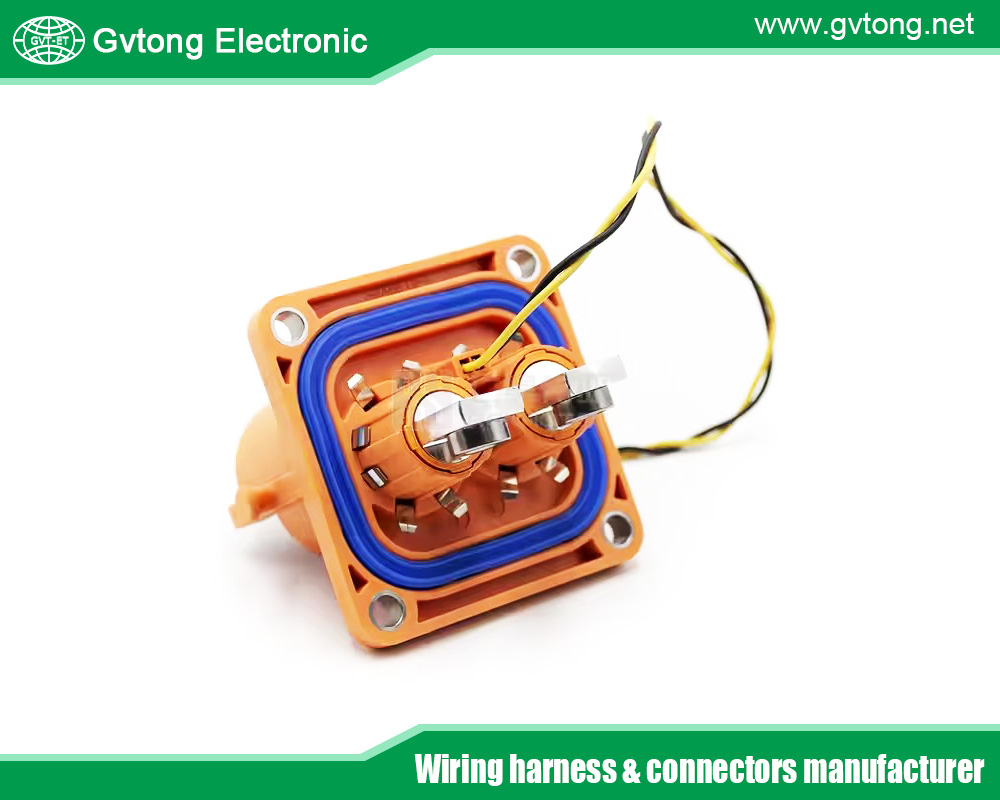
Conclusion
Oil-resistant connectors are vital to the automotive industry, protecting electrical systems from the pervasive threat of oil and other fluids. By focusing on material composition, design features, and compliance with standards like ISO 6722, engineers can select connectors that ensure reliability and safety. Among the top options, Connector A offers affordability and compactness, Connector B excels in high-temperature settings, and Connector C provides rugged durability for heavy-duty use. The choice hinges on the application—whether it’s a passenger car, a high-performance engine, or a commercial fleet.
As automotive technology advances, the demand for high-quality, oil-resistant connectors will grow. By understanding their features and applications, stakeholders can make informed decisions that enhance vehicle performance and longevity. In this dynamic field, the right connector is not just a component—it’s a safeguard for the future of mobility.
For more about best oil resistant connector for cables in the automotive industry, you can pay a visit to Gvtong at https://www.gvtong.net/oil-resistant/ for more info.
Recent Posts
How to Diagnose and Repair Automotive Signal Connector Failures
How to Install and Maintain Low Pressure Automotive Connectors
Heat Shrink vs. Crimp: Choosing the Right 12V Car Wire Connector
Best 12V Automotive Wire Connectors for Reliable Electrical Connections
Tags
Recommended Products
-
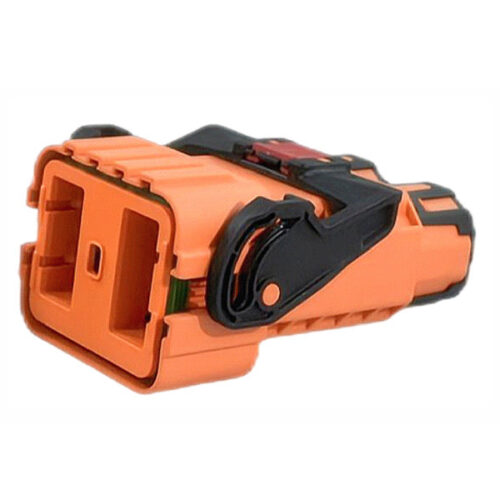
GH Series-HV6-2-core Plastic High Voltage Connector
-
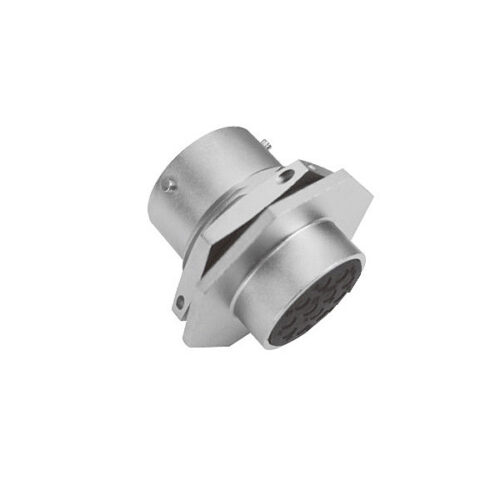
Signal connector-12 core-14#
-
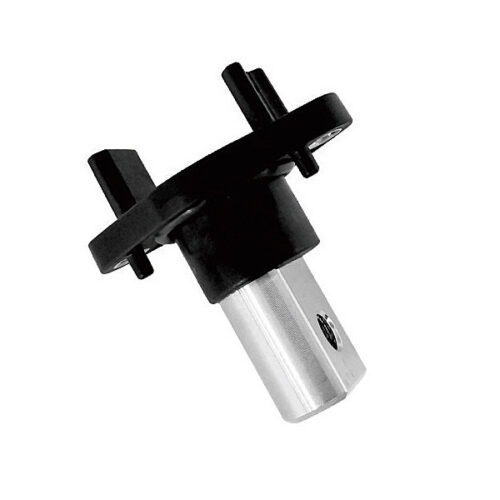
DCDC through-wall terminal – 90°180°
-
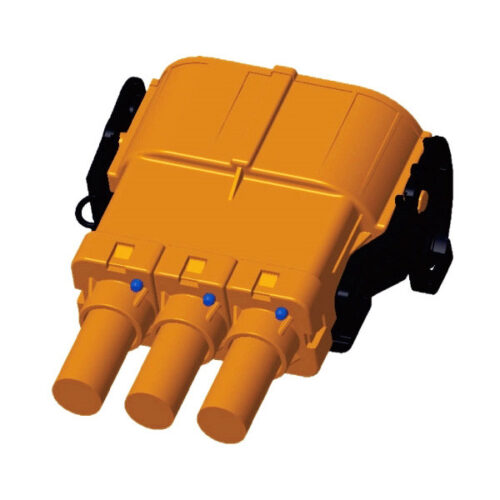
High voltage connector-GH800 series-3 core
-
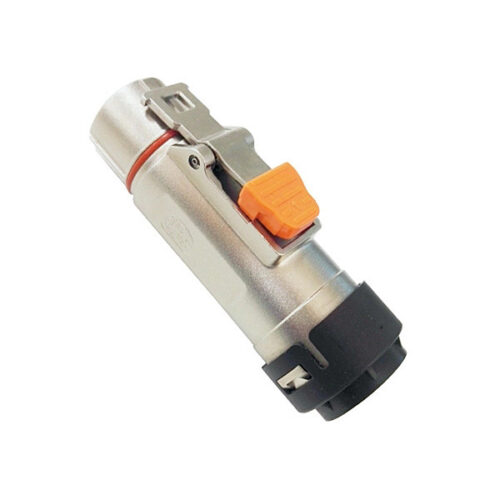
Straight metal connector-10mm-single core
-
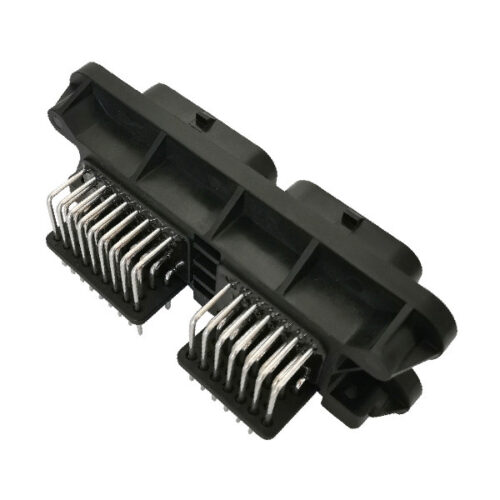
GE Series – 60-core (34+26) combined connector-socket
-
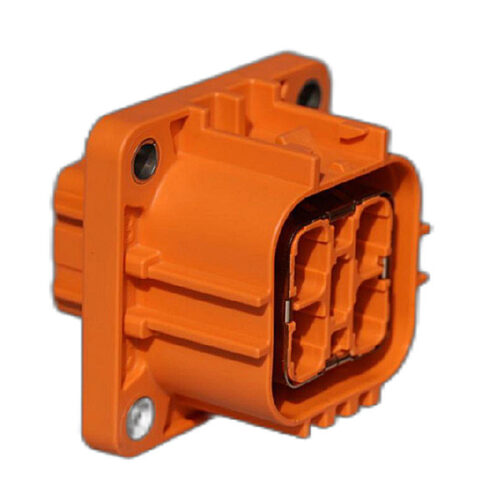
GH630 Series-4-core plastic high voltage connector
-
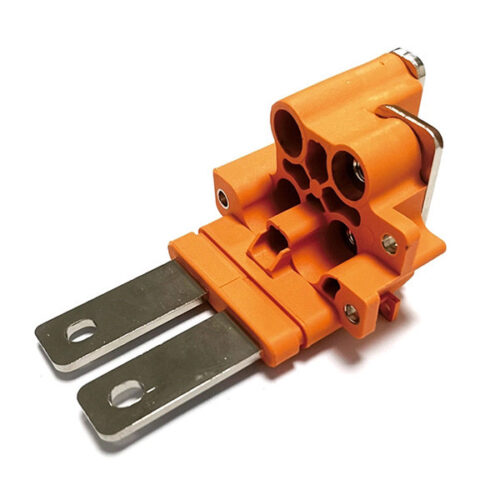
Copper bus fixing seat
